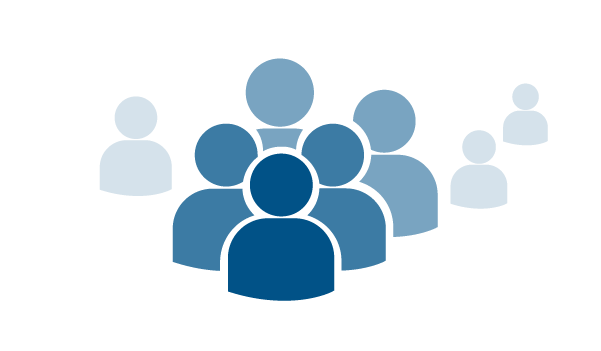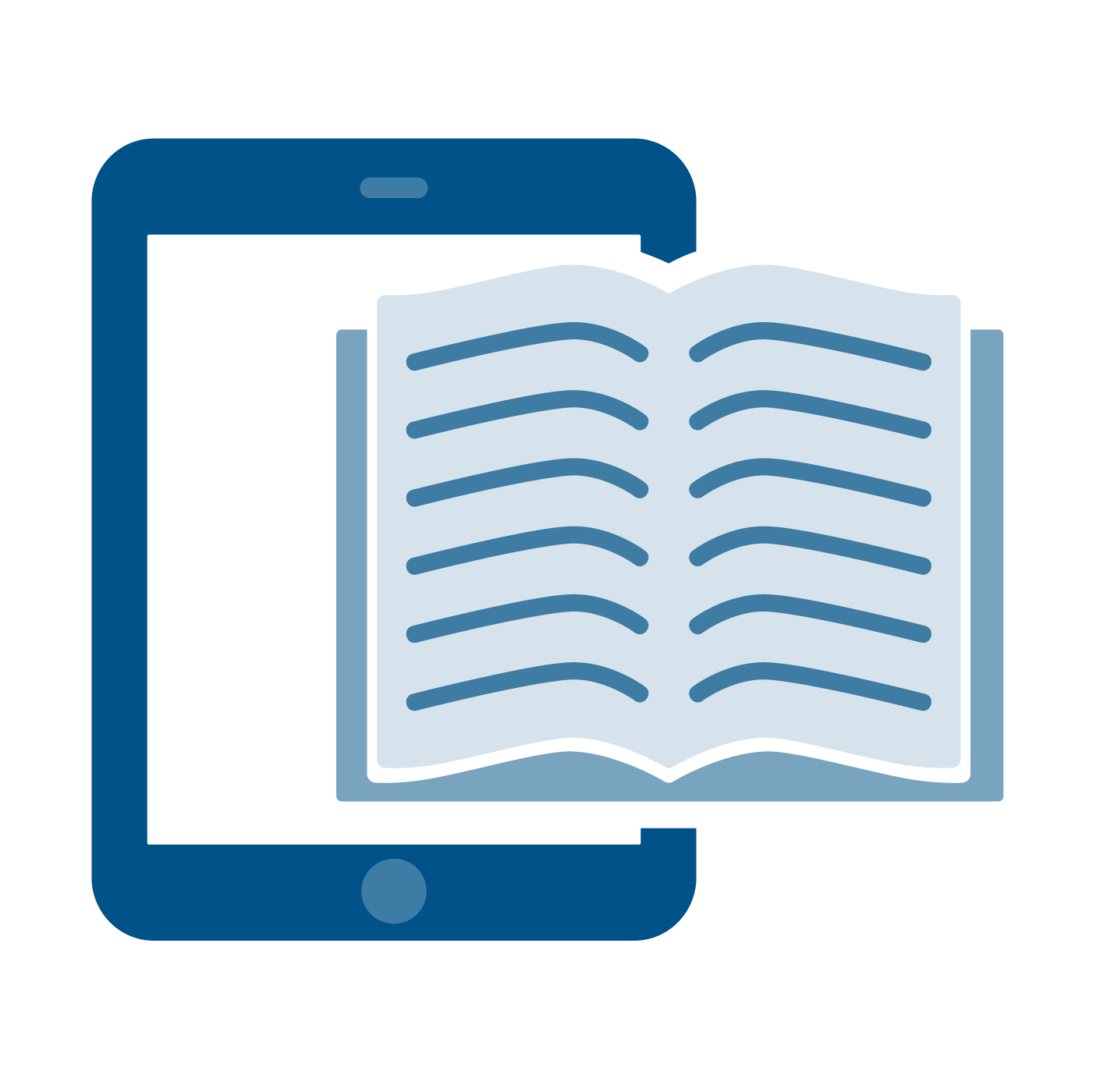The Recovery and Resilience Resource Portal Task Force (PTF) will guide the development of a portal to help state, local, tribal, and territorial (SLTT) partners more easily navigate the wide array of financial, technical, and information assistance resources available across the federal interagency and emergency management community to build community capacity and resilience to disasters.
While many federal agencies already have clearinghouses or libraries of grants and programs, the RRR Portal will use those data sources to train an artificial intelligence (AI) large language model (LLM) to connect users with the resources most applicable to their unique requirements and circumstances. With this “smart matching” capability, the portal will provide a tailored “menu” of services to help point communities and disaster survivors toward the assistance they need. Background
In 2023, the PTF began a Discovery Phase to identify a way to use technology to address a persistent capability gap experienced across the interagency; SLTT partners consistently express difficulty navigating the many diverse resources available to help support their disaster recovery and resilience-building needs. Though many resources exist, they are scattered across numerous websites and databases, have different rules and requirements for eligibility, and are challenging to pare down to a set of opportunities applicable to each unique SLTT partner’s needs.
Moreover, no website exists with comprehensive resources for different hazard types or disaster phases from across the federal family. Existing websites also lack the capability to match stakeholders to resources based on specific needs. Currently, when SLTT decision-makers are looking for a resource, they must consult multiple agency websites and do not have a clear menu of options for recovery and mitigation projects.
Use of the Portal

The RRR Portal’s primary audience will be SLTT partners and community decision-makers. There may be secondary users of the Portal such as nonprofits, academics, and private sector users. Nonprofits may look for opportunities to partner with federal programs to increase support for projects aligned with their individual missions. Academics may look for opportunities to partner with federal programs to support research. Private sector users could use the RRR Portal to identify opportunities to participate in public-private partnerships.
The RRR Portal will enable equitable and consistent delivery of resilience and recovery programs across the nation. By simplifying the process for seeking support, communities of diverse backgrounds and varying levels of bandwidth will be able to identify opportunities for support more efficiently. The RRR Portal will also provide awareness of projects and programs and increase transparency on stakeholder experiences.


The RRR Portal will expand past funding sources to include a full scope of resources that can aid decision-making. Federal agencies have various types of resources and information available to the public. The RRR Portal will include direct mitigation funding opportunities, technical assistance, guidance, data, and more to support communities.
Resources
- Joint Partnership Effort with the Recovery Support Function Leadership Group (RSFLG): Recovery and Resilience Resource Library


